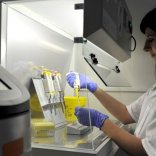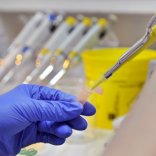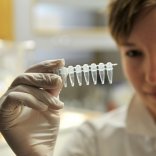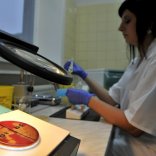Programme Description
Within the framework of comparative medicine and animal models for Biomedicine, animal models will be selected and studied for important biological processes.
Main Goals
Immunity and reproduction are the most important traits related to survival.
Infectious diseases of animals have a significant economical impact and represent one of environmental risks. This programme should promote the development of complex multidisciplinary approaches to study these basic biological processes and their potential applications in diagnostics, therapy, prevention a public health.
Therefore, molecular and cellular mechanisms underlying host and pathogen interactions and mammalian reproduction will be studied. In the field of infectious diseases, pathogens causing important infections, including major food borne pathogens and emerging pathogens at the human-domestic animal-wildlife interface will be studied in the context of host genetic mechanisms of disease.
Possible applications, based on molecular techniques and on improvements in nanotechnologies and gene therapy, will be investigated. In the field of reproduction, chromosomes in somatic and germ-line cells, their evolution and role in reproduction will be analyzed. Mechanisms controlling acquisition of meiotic competence during oocyte growth and aging oocytes will be studied on animal models. Genomic, proteomic and bioinformatic approaches, cell culture, single cell techniques, live cell imaging; and biosensors will be used.
Research Groups
- Molecular Microbiology
- Zoonoses
- Orthopaedics and Surgery
- Animal Imunogenomics
- Animal Cytogenomics
- Mammalian Reproduction













